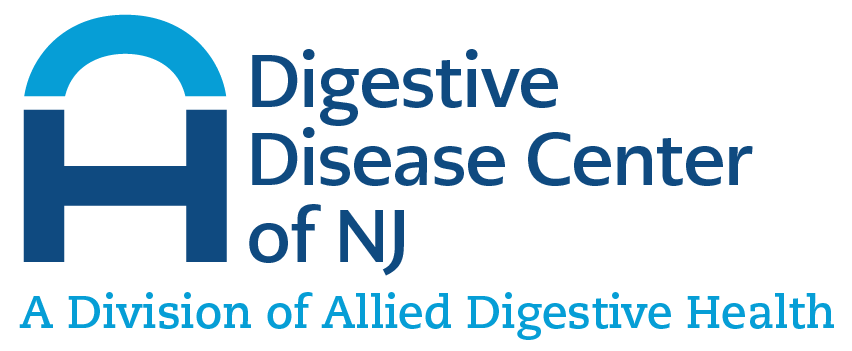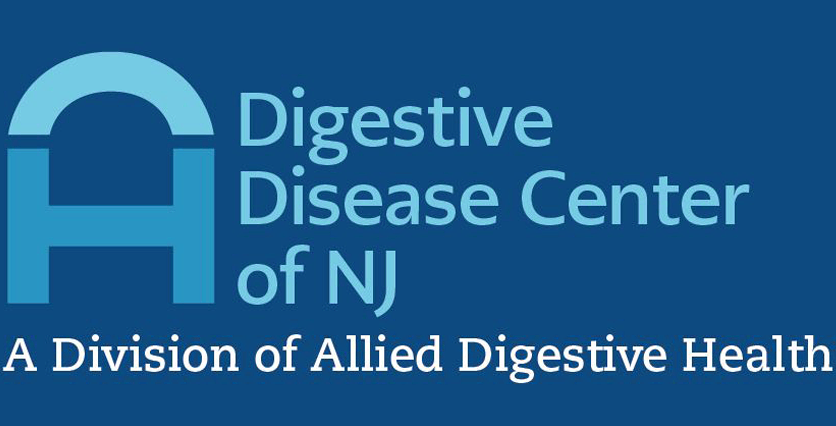What Is Esophageal High-resolution Manometry and 24-hour pH Impedance Testing?
Both the esophageal high-resolution manometry and 24-hour pH impedance testing focus on diseases of the esophagus. The esophageal high-resolution manometry can provide a wealth of information, and it is often used for anti-reflux surgery prep or follow-up or to diagnose motility disorders of the esophagus, such as achalasia and spasmodic esophagus. Your gastroenterologist will place a thin tube through your nose and down through the esophagus during the procedure. Once the tube reaches the esophagus, certain metrics are measured, such as how the esophagus reacts when you swallow liquids on command. This test measures the pressure in the esophagus and is used to diagnose several GI disorders.
On the other hand, 24-hour pH impedance testing focuses more on ruling out or diagnosing GERD. While this test takes 24 hours to perform, you are sent home after the procedure with precise instruction. The test is conducted very similar to that of high-resolution manometry; a tube is placed through the nostril and a catheter is inserted and paired with a monitor that you’ll wear around your waist for 24 hours. The catheter is able to provide the monitor data. At the same time, you’ll keep a diary of everything you ingest and your digestive symptoms.
Because many gastrointestinal disorders present with the same symptoms and the method of entry (through the nostril), these tests are sometimes combined and performed back-to-back. Rarely, both of these tests can be performed with the insertion of a tube through the mouth.
What Does the Esophageal High-resolution Manometry Test For?
The manometry test is used to investigate the esophagus pre- and post-surgery or to check for other potential problems. Some of the reasons esophageal high-resolution manometry include:
- Evaluate reasons for dysphagia (trouble swallowing)
- Evaluate rumination syndrome
- Diagnose non-cardiac chest pain
- Evaluate current treatments
Esophageal high-resolution manometry is also used prior to a 24-hour pH impedance test because it can offer your gastroenterologist the precise location of your lower esophageal sphincter (LES). Dysfunction of the LES is what results in GERD.
Why Is Esophageal 24-hour pH Impedance Testing Performed?
The test measures precisely how much acid and other stomach contents may leave your stomach and escape into the esophagus. A normally functioning lower esophageal sphincter closes after food or liquids pass from the esophagus to the stomach. A patient with GERD, however, has an LES that never fully closes properly, allowing acid to enter the esophagus.This can result in acid reflux, and more severe acid reflux is classified as GERD. This test is performed primarily to provide a GERD diagnosis.
What Happens During Esophageal High-resolution Manometry?
To prepare for the test, you’ll need to fast. If your test is in the morning, you must fast after midnight, and if your test is in the afternoon, you are typically allowed a light breakfast, not having anything four hours before the test.
The test itself takes about 45 minutes to complete and is a nonsurgical, outpatient procedure. Your physician will apply local anesthetic to your nostril and insert a thin tube through the nostril, through your throat, and to the esophagus. You will be sitting and awake during the test, and will be asked to swallow multiple times while the tube measures the pressure in your esophagus and pressure recordings are made. Once the test is complete, your healthcare provider will remove the tube, and you can resume normal activities immediately (unless you have a 24-hour pH impedance test immediately after high-resolution manometry.
How Is an Esophageal 24-hour Impedance Test Performed?
Similarly to manometry, you will need to fast at least for four hours prior to the procedure. Your physician will apply local anesthesia to your nostril and insert a catheter through the throat into the esophagus. However, this catheter will remain in the nostril for 24 hours, providing information about your esophagus to a monitor that you attach to your belt.
Your doctor will ask you to keep a diary for the next 24 hours, writing down anything you consume as well as any gastrointestinal symptoms you may be experiencing, and at what times. After 24 hours, you will return to your provider, and the catheter is removed. With the information from the manometry test, the recordings, and your diary, your gastroenterologist should be able to confirm or deny a diagnosis of GERD.
Are There Any Risks with Esophageal High-resolution Manometry or 24-hour pH Impedance Testing?
Both manometry and impedance testing are minimally invasive, and there are no serious risks associated with either test. Most patients easily tolerate the test with no problems, however, some patients may struggle with the test because of the catheter placement. If a patient has a very sensitive gag reflex, the doctor may have to search for alternatives for GERD testing. One option is esophagogastroduodenoscopy (EGD), which is an endoscopic procedure that evaluates the esophagus. Light sedation is used because it is an endoscopic procedure, which makes testing more comfortable for patients.


